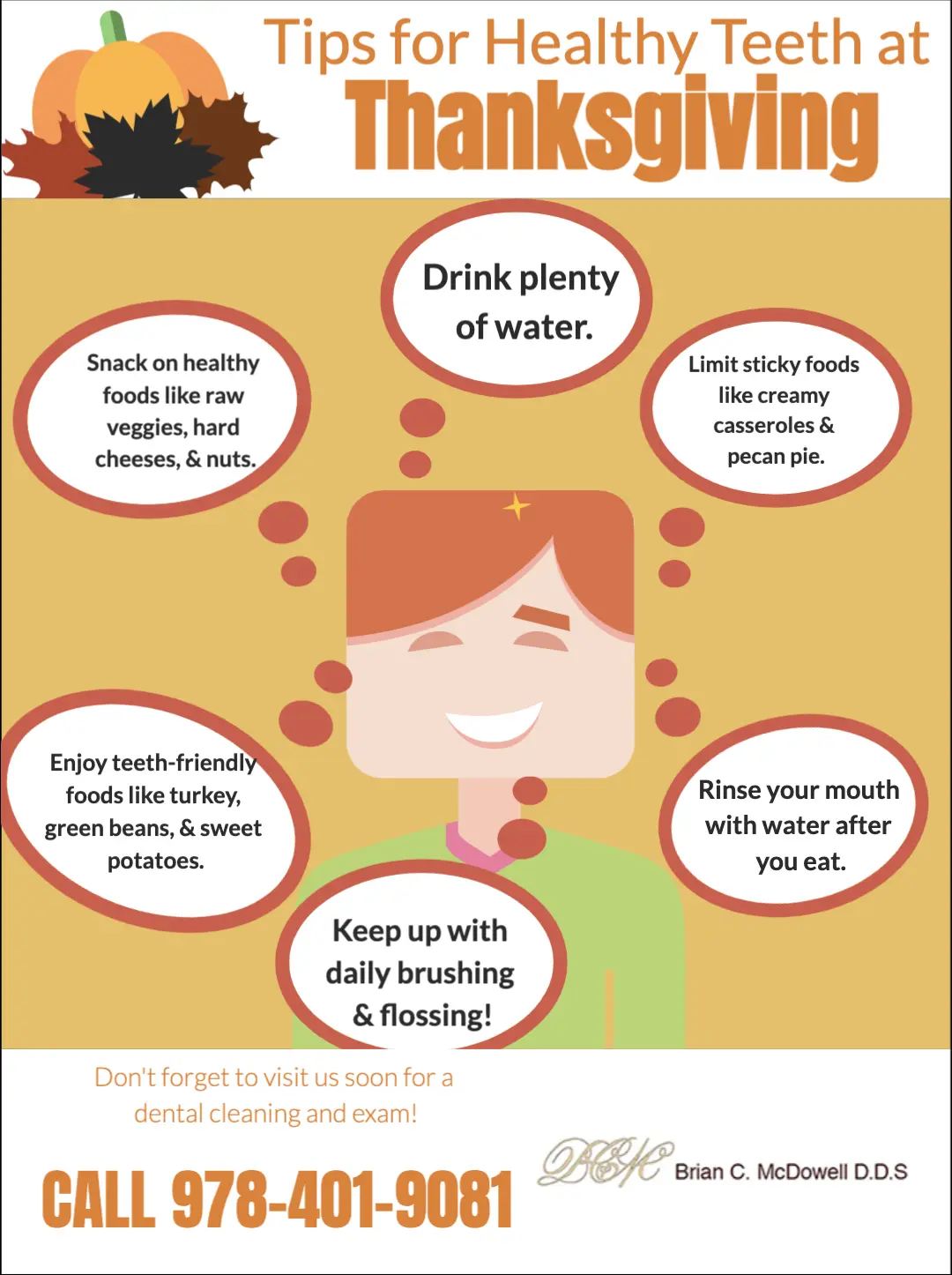Why Is My Jaw Popping & Clicking?
Why Is My Jaw Popping & Clicking?
Suppose you’re experiencing a jaw-popping sensation whenever you chew, talk, or yawn. In that case, it may be from your temporomandibular joint (TMJ). Jaw popping pertains to a clicking sound every time you engage your jawbone, which can be followed by discomfort or pain sensations. If you experience jaw popping or jaw clicking, schedule a consult with our TMJ specialist in Fitchburg, Dr. Brian McDowell, to see if TMJ treatment is the course of the popping or clicking.
How TMJ Works
Dysfunction of the temporomandibular joint typically causes jaw popping. This particular joint is one of the most complex joints in your body, connecting your lower jaw to the temporal bones, allowing it to move side to side and back to front.
The temporomandibular joint allows you the range of motion needed to chew food, speak, and yawn. Facial muscles attached to this joint control these movements, while a soft cartilage disc within the joint socket absorbs large amounts of pressure preventing damage.
Causes Jaw Popping
The jaw-popping sensation can result from trauma, dislocation, or a displaced disc. Clenching jaw, grinding teeth (bruxism), or chewing gum too often can also cause pain and tightness within the facial muscles, especially if missing or misaligned teeth exist. Jaw popping, in most cases, may not be a cause for concern; however, we recommend you schedule a TMJ evaluation with our advanced-trained TMJ doctor at our dental practice, Brian C. McDowell, DDS in Fitchburg.
Arthritis
Both rheumatoid and osteoarthritis may cause damage to the cartilage of the TMJ. Loss of cartilage means there is a law of absorption in the joint socket every time the jaw moves, causing a pain sensation to follow.
Other symptoms include:
- Joint pain and stiffness
- Inflammation or swelling
- Reduced range of motion
- Appetite loss
- Fatigue
Injury or trauma to the jaw
Any injury sustained from a road traffic collision, sporting accident, trip or falls, or physical assault may result in a dislocated or broken jaw. This break or unhinging of the joint can result in jaw clicking or popping. We recommend seeking medical attention immediately if you’re experiencing pain, bruising, or swelling.
Myofascial pain syndrome
Myofascial pain syndrome is a chronic pain disorder that causes pain in the trigger points of some muscles. It occurs when the muscle is contracted repetitively, or pressure is applied. It is prevalent in those who have jobs or engage in sporting activities that require repetitive movements.
TMJ symptoms for someone who has MPS include:
- Jaw pain doesn’t get better after a week
- Jaw pain that gets worse with straining or stretching
- Painful knots in muscles
- Reduced range of motion in the affected area
Sleep apnea
Jaw popping can result from obstructive sleep apnea (OSA) and central sleep apnea (CSA). Studies have shown that when the throat begins to relax before an episode of OSA, the jaw will clamp down to prevent the airway from being blocked. However, this clamping of the jaw applies excessive stress on the jaw, mouth, neck, and shoulders, which may cause TMJ issues.
Infection
Infection of the salivary gland can cause TMJ issues, jaw popping, and other symptoms, including dry mouth, face pain, pus in the mouth, foul taste, and swelling of the face and neck. If you suspect you may have an infection, you should consider medical treatment immediately.
Schedule A Consultation At Brian McDowell, DDS
Call our TMJ specialist today at (978) 252-2049 to schedule a consultation with Dr. Brian McDowell. With our over 30 years of advanced-training, experience, and leading-edge technology, we help patients with jaw clicking and jaw popping issues from Fitchburg, Leominster, Westminster, Gardner, Lunenburg and many surrounding areas.

 As the temperatures start to drop, you might see an increase in dry mouth in the winter. It’s not only frustrating, but it can also increase your risk for infection, gum disease, and other oral health issues. The reason is your saliva washes away bacteria and food particles that cause this problem.
As the temperatures start to drop, you might see an increase in dry mouth in the winter. It’s not only frustrating, but it can also increase your risk for infection, gum disease, and other oral health issues. The reason is your saliva washes away bacteria and food particles that cause this problem.